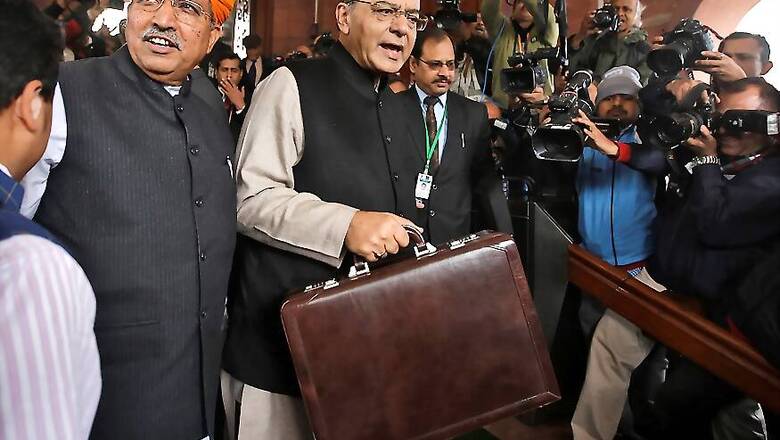
views
Finance Minister of India, Arun Jaitley, is all set to unveil the union budget for the 2018-2019 fiscal year today, which happens to be the first budget post GST implementation. GST – The Goods and Service tax, although being a single point tax structure, has created a lot of confusion among the various industries. Auto industry is also looming under a lot of pressure due to GST and additional cess on SUVs and luxury cars. As most of the automakers are moving towards the electrification of their vehicles, high GST rates on EVs is forcing them to think twice, at least in India.Also Read: Quotes from CEOs of automobile companies!
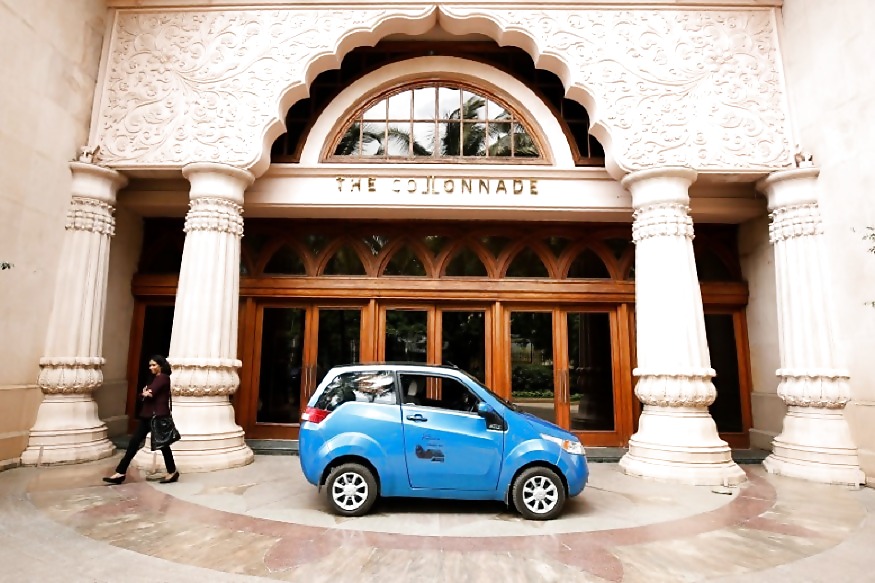
“GST reduction is critical to achieve FAME targets and galvanize E-vehicle industry," said Mr Sohinder Gill, Director, Corporate Affairs, SMEV.
Mr Gill also pointed out that to support the government’s ambitious vision of selling only e-vehicles in the country by 2030, and to help the industry grow at a faster pace, SMEV expects the government to take immediate remedies and proactive measures which have been identified by SMEV and were also known to the government.
Some areas which require immediate government’s intervention relates to streamlining and ironing out policy details, adequate fund allocation in Budget 2018-19.Also Subscribe to YouTube Channel for latest videos!
Some of the SMEV’s expectations from the Government are:
- Reduction of GST to 5% on all EVs and EV subsystems.
- Launch of the next phase of FAME Scheme for a longer period of 6 years and its time-bound implementation: We expect the government to timely announce the launch of the next phase of FAME scheme for a longer period. Due to high ownership cost of EVs in the present scenario, the approach to Demand Incentives (DI) and Viability Gap Funding (VGF) needs to be changed and the existing subsidy module needs to be enhanced for the next 6 years as compared to the previous short term periods i.e. 6 months - 1 year.
- Rebate on Income Tax for consumer adopting Electric Vehicles: Many countries such as Norway, France, Canada, Denmark and Netherlands have already implemented this policy in their respective systems and have garnered a plethora of benefits out of it. For example, Norway now has 36 percent of EVs on road due to such supportive policies. Similar policy can be introduced in India as well as a step to encourage faster e-vehicle adoption wherein the government need not spend money by utilising public funds to make any transactions. It will further encourage customers to purchase more EVs in the upcoming future as well.
- Indigenization of EV components: IGST for all imports should be 5%. In addition, import duties on motors, controllers and DC-DC converters should be ZERO in the first 3 years, and should be increased to 10% in YEAR Four and 20% in YEAR Six. This will encourage local manufacturing and give time to companies to set up their local manufacturing.













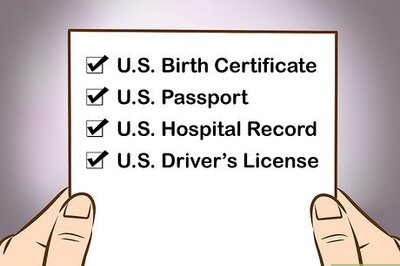
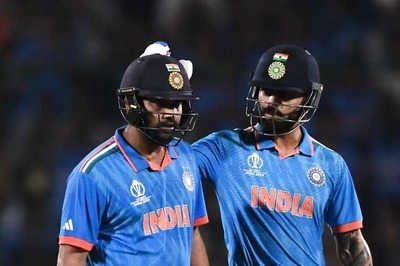




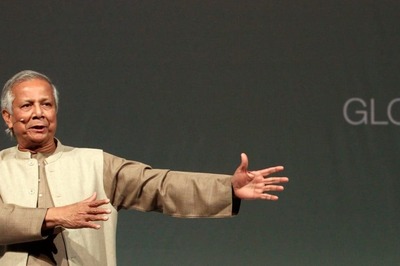
Comments
0 comment